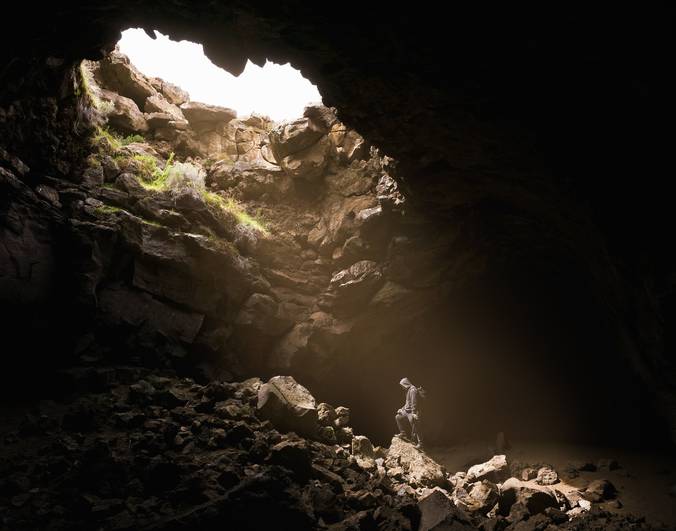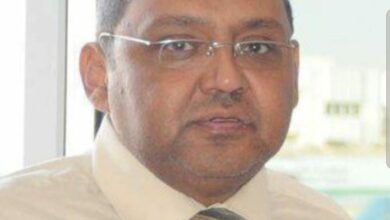
What is the way out? (2)

Dr. Elshafie Khidir Saeid
In the previous article, we stressed that there is no way out of the current crisis except to return to the platform of dialogue between all the forces of the transition including the parties to the transitional Sovereignty Council and the transitional cabinet. In this regard, we renew our proposal, which we have repeated a lot, that the Chairman of the Sovereignty Council and the Prime Minister expedite the launch of a joint invitation to hold a round table conference to agree on how to get out of the current crisis and to draw a road map to accomplish the tasks of the transitional period and to lead it towards the desired ends.
As for the forces to participate in this round table meeting, I suggest they include: the Sovereignty Council, the Council of Ministers, the Alliance of Freedom and Change Forces on both sides, the Professionals’ Gathering on both sides, the political forces that believe in the revolution from outside the forces of freedom and change, the Juba Peace Agreement organizations, the resistance committees, civil organizations, any agreed upon other organizations and national figures aligned with the revolution. The round table conference should pay attention to the following three important points: 1- The conference should be held under the framework of the Declaration and Charter of Freedom and Change, and the Constitutional Document. 2- The doors of the conference should remain closed to the crooks of the defunct Ingaz regime who committed crimes against the homeland and the citizen. 3- The conference should be convened & concluded its work as soon as possible, within a week to ten days.
I do believe that the calling for inclusivity and widening or expanding the base of the participation in administering and leading the transitional period, is an objective and just demand. In my opinion, this demand can be answered through the establishment of two main bodies of the transitional structures: the transitional legislative council and the independent national commissions. The current transitional period is witnessing intense political and social competition. But, this is expected and it is a normal feature and characteristic of the transition periods in general. In the atmosphere of such competition, an effective legislative council will lead the political process during the transition, as well as the democratic transformation, away from the tendencies of political exclusion and or domination. For the legislative council to be effective, we need to set up specific criteria for its members so that it consists of real competencies and not mere political quotas.
Perhaps one of the most important and serious tasks of the Transitional Legislative Council is to monitor the government’s performance and to observe the accountability, and change the composition of the government if necessary, to prevent abuse of power and to protect the citizens’ rights and freedoms. But, it is of the utmost importance that the powers of the Transitional Legislative Council should be limited to enacting the necessary legislation and laws to dismantle the Ingaz deep state, to repeal or amend any law that contradicts the human rights and public freedoms, to enact legislation related to issues and the course of the transitional period, such as the general budget, the reorganization of the civil service…etc. As for other legislations related to the crucial issues of rebuilding and restructuring the post-independence Sudanese state, they are outside the powers of the Transitional Legislative Council, and it cannot decide on them. Rather, these legislations are left to the Constitutional National Conference, and then to the elected Legislative Council at the end of the transitional period.




